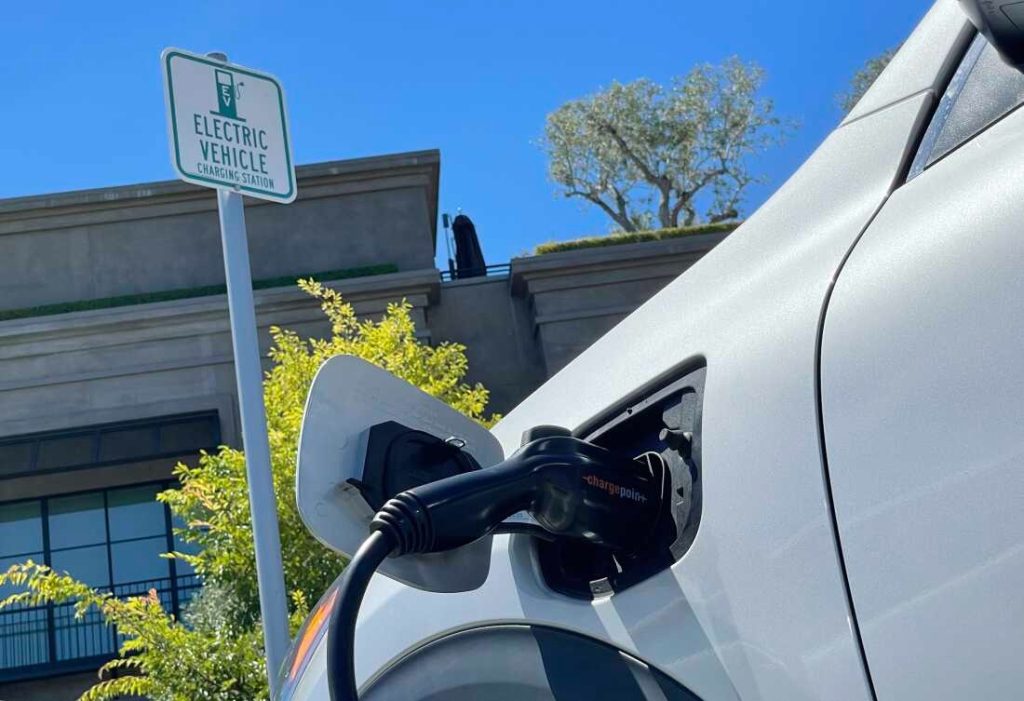
The Motor Vehicle Accident (MVA) Fund’s proposed levies on locally registered vehicles, foreign-registered vehicles and electric vehicles could increase ownership costs for Namibian households, Simonis Storm Junior Economist Almandro Jansen has said.
He warned that entry-level buyers already face rising vehicle prices, higher interest rates and increased insurance premiums, making even modest fees more difficult to absorb.
The proposed levies, ranging from N$5 to N$50 for locally registered vehicles, could undermine affordable brands such as Jetour, Haval and Omoda, which have gained market share by filling the affordability gap left by mid-tier Japanese and German automakers.
“Even a seemingly minor levy of N$50 annually can disproportionately affect buyers at the lower end of the market. These consumers are sensitive to total cost of ownership, and any increase in fees may shift purchasing behaviour away from entry-level vehicles. Policymakers must consider the cumulative impact of these levies on affordability and market access,” Jansen said.
He added that including electric vehicles in the levy framework risks contradicting Namibia’s climate and green mobility goals.
Electric vehicles, which account for less than 1% of the fleet, are central to emission reduction targets and should be supported rather than discouraged.
“Without complementary incentives like VAT exemptions, import duty reductions, or charging infrastructure support, levying EVs sends mixed signals. Namibia risks lagging behind countries such as South Africa, Egypt, and Kenya, which are actively promoting EV uptake. Early adoption is crucial to establishing the supporting ecosystem of dealers, technicians, and charging networks,” he said.
On foreign-registered vehicles, Jansen said levies on cross-border operators could encourage local registration but warned of enforcement challenges.
“Collection and compliance are critical to making the levy effective. While it internalises the costs non-contributing road users impose on the system, without proper enforcement it could face avoidance. Local dealerships may benefit if cross-border operators register vehicles locally, but operational and policy challenges must be managed carefully,” he said.
Jansen concluded that the success of the levy reform will depend on careful policy design and complementary incentives.
He cautioned that poorly structured measures could slow electric vehicle adoption, strain low-income buyers and dampen market growth, while a balanced approach could support sustainable mobility.
The MVA Fund has proposed the introduction of new levies as part of efforts to reduce its dependence on fuel levy income and secure long-term sustainability.













